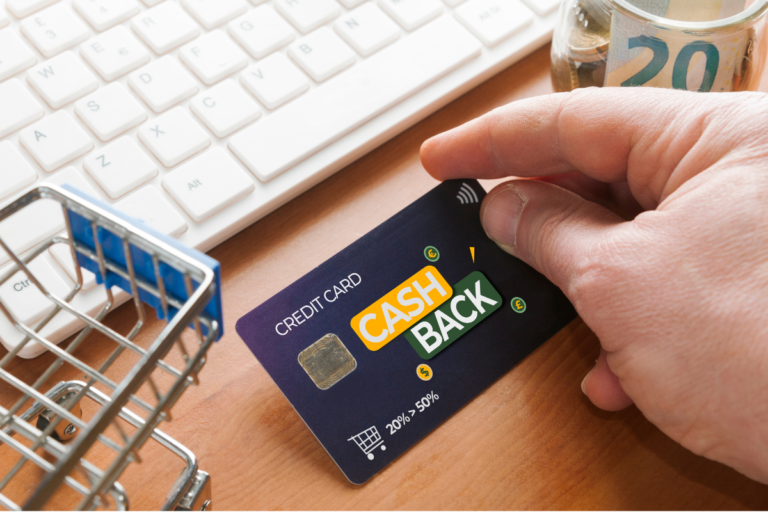Last updated Jun. 20, 2024 by Peter Jakes
Payday loans are short-term, high-interest loans intended to bridge the gap until your next payday. These financial products are designed for immediate cash needs, such as unexpected expenses or emergencies. However, while they provide quick access to funds, payday loans are often accompanied by high fees and an APR that can escalate dramatically if not repaid on time.
What are Payday Loans?
Definition and Purpose
A payday loan is a small, unsecured loan, typically due on the borrower’s next payday. The loan’s primary purpose is to offer a quick cash solution to cover unforeseen expenses or financial shortfalls. These loans are also known as cash advance loans or paycheck advance loans.
Application Process
Applying for a payday loan is relatively straightforward. Borrowers complete an application form, either online or in a physical store. Essential information required includes proof of income, an active bank account, and identification. Lenders assess the borrower’s ability to repay the loan based on their income and employment status rather than credit scores, making it accessible to individuals with poor credit.
Loan Amount and Terms
Typically, payday loans range between $100 to $1,500, depending on state regulations and the borrower’s income. The repayment period is usually short, ranging from a few days to a month. The loan amount plus interest and fees is automatically withdrawn from the borrower’s bank account on the agreed-upon date.
Calculating the Cost
Interest Rates and Fees
Payday loans are notorious for their high-interest rates. The annual percentage rate (APR) for payday loans can go up to 400% or even higher. For example, for a two-week payday loan, a lender might charge a $15 fee for every $100 borrowed. This translates to an APR of nearly 400%.
Hidden Costs
Beyond the advertised fees, there may be additional costs such as late fees and rollover fees if the loan is extended. Awareness of these potential hidden costs is crucial before committing to a payday loan.
Advantages of Payday Loans
Quick Access to Funds
One of the primary benefits of payday loans is the speed at which they are processed. Approval can occur within minutes, and funds are often available the same day or the next business day.
Minimal Requirements
Payday loans do not require credit checks, making them accessible to individuals with poor or no credit history. The primary criteria are a regular source of income and a stable bank account.
Convenience
Many payday loan services operate online, offering convenience and privacy. Borrowers can complete the entire process from their homes without visiting a physical store.
Disadvantages and Risks
High Costs
The significant downside to payday loans is their high cost. With APRs reaching up to 400%, borrowers can easily find themselves falling into a cycle of debt.
Short Repayment Period
The short repayment period can trap borrowers who might not have the funds to repay the loan in such a limited time frame, forcing them to take out another loan to cover the previous one.
Debt Cycle
The combination of high costs and short repayment periods can lead to a debt cycle where borrowers continuously renew their loans, incurring further fees and escalating their overall debt.
Regulations and Consumer Protection
Government Regulations
In the United States, payday loan regulations vary by state. Some states have strict caps on interest rates and fees, while others have minimal regulations. The Consumer Financial Protection Bureau (CFPB) also provides oversight to protect consumers from predatory lending practices.
Alternatives to Payday Loans
Consumers should explore alternatives to payday loans to avoid high costs and potential debt traps. Options include:
- Personal Loans: These can be obtained from banks or credit unions at lower interest rates.
- Credit Card Advances: Though still costly, they often have lower rates than payday loans.
- Borrowing from Family or Friends: This can be a viable option to avoid high-interest costs.
✓ Short Answer
Payday loans are short-term, high-interest loans intended to help cover unexpected expenses until your next payday. They are easy to access, especially for those with poor credit, but come with significant risks, including high fees and the potential for falling into a cycle of debt. Alternatives like personal loans from banks, credit card advances, or borrowing from family should be considered.
FAQs
What is a payday loan?
A payday loan is a small, short-term loan with high-interest rates, intended to be repaid on the borrower’s next payday. They are typically used for emergency expenses.
How much can I borrow with a payday loan?
Payday loan amounts usually range from $100 to $1,500, depending on state regulations and the borrower’s income.
What are the fees associated with payday loans?
Payday loans charge high fees, with APRs often reaching up to 400%. Additional costs can include late fees and rollover fees.
How quickly can I get a payday loan?
Payday loans offer fast access to funds. Approval can be instant, with funds available the same day or the next business day.
Are payday loans available to people with bad credit?
Yes, payday loans are available to individuals with bad credit as they are based on income and employment status rather than credit scores.
What are the risks of payday loans?
The main risks include high-interest rates, short repayment periods, and the potential to fall into a cycle of debt due to high costs and repeated borrowing.
Are there any alternatives to payday loans?
Alternatives to payday loans include personal loans from banks, credit card cash advances, and borrowing money from friends or family.
Are payday loans regulated?
Yes, payday loan regulations vary by state in the United States. Some states have strict caps on interest rates and fees, while others have more lenient regulations.
Understanding payday loans, their benefits, and their drawbacks can help you make an informed decision when faced with financial emergencies. While they offer quick cash solutions, their high costs and associated risks mean that exploring alternative options is often wise.







